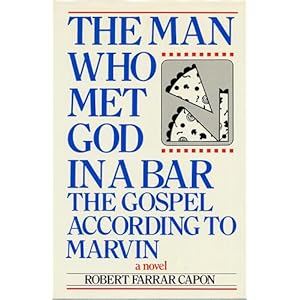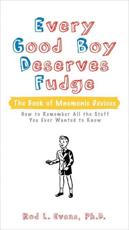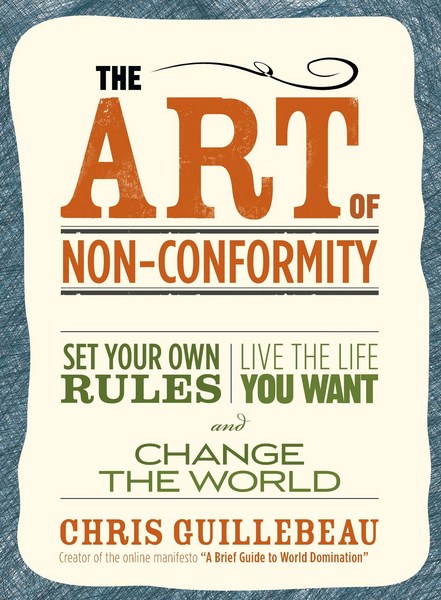
I will admit to being a sucker for books like this. I love books that offer ways to improve your time management, limit interruptions, and streamline your life. Lifehacker helps you do all that and more. It is the most practical book I have read on this subject, and I promise that it will improve the way you work.
There are a ton of "theory" books out there. Books that will tell you to spend your time more productively, not visit certain site, and get rid of all the extra emails. All great advice, but it can be hard for you to put into place without the right tools. Adam Pash and Gina Trapani give you those tools in Lifehacker. From email reduction to time-wasters to creating doable to-do lists, this is the best resource to turn to.
The book is structured in an easy to read way. At the beginning of each hack, the authors tell you the three most important pieces of information right up front:
Level: How easy is this going to be?
Platform: Where do I use this? Web, Windows, Mac, All?
Cost: How much does it cost?
This is a great way to evaluate the hacks that you will need quickly and will help you to find the information that will benefit you most. Fortunately, most of the hacks offered in this book are both easy and free.
Some of my favorite hacks in the book include:
Hack 1: Empty Your Inbox (and Keep It Empty)
Hack 9: Script and Automate Repetitive Replies
Hack 14: Instantly Recall Any Number of Different Passwords
Hack 24: Design Your Own Planner
Hack 25: Make Your To-Do List Doable
Hack 29: Dash Through Tasks With a Timer
Hack 39: Limit Visits to Time-Wasting Websites
Hack 53: Reduce Repetitive Typing
Hack 59: Become A Scheduling Black-Belt with Google Calendar
Hack 82: Augment Reality With Your Phone
Bottom Line: There is a ton of great information contained in this huge 476 page book. You probably won't use every hack and you probably already follow some of the author's advice, but you will (at least you should) use most of the hacks in this book.
BONUS: Lifehacker
BONUS #2: For the best theory book on why you should implement these time-saving tools, read The 4-Hour Workweek, Expanded and Updated: Expanded and Updated, With Over 100 New Pages of Cutting-Edge Content. They complement each other very well.












